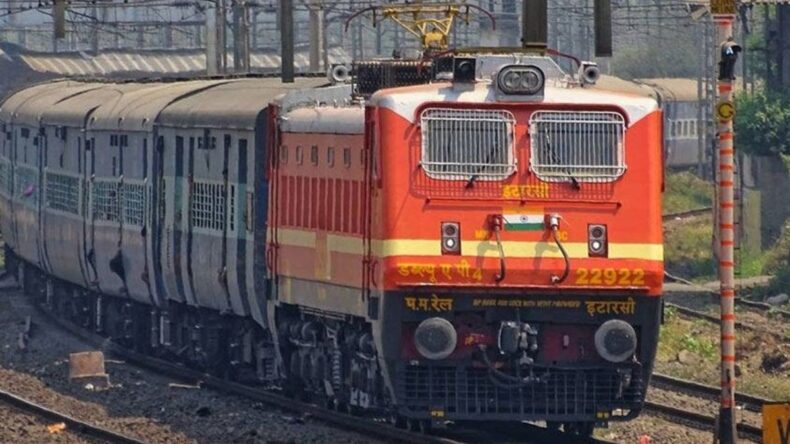The Supreme Court made a significant decision and ordered the Northern Western Railway to compensate if trains arrived late without justified reasons.
The appeal of Northern Western Railway remained unpermitted against the judgement of the National Consumer Disputes Redressal Commission (NCDRC), which was overseen by a bench of justices, M R Shah and Aniruddha Bose.
What is the Reason Behind This?
According to the Supreme Court, to survive against the private players and stay relevant, public transports will have to be accountable for their actions and repay when punctuality gets broken.
The ordinary person should not have to approach the administrators for these issues all the time, and therefore this decision was required to be implemented.
The court supported the demand of compensation that a family travelling to Jammu appealed for in 2016.
The family had to suffer a missed flight because of a four-hour delayed train which was supposed to arrive at Jammu Tawi at 8:10 am on 11th June 2016 but instead arrived there at noon.
Moreover, they had to avail an expensive taxi from Srinagar and even lost their boat reservation on Dal Lake.

How Much Money the Northern Western Railway Has To Pay?
In support of the original order passed by District Consumer Disputes Redressal Forum, Alwar, and later by NCDRC, the court had decided to direct the railway officials to compensate the complainants a total sum of INR 35,000, breaking it down into three categories –
- Rs. 10,000 for booking expenses
- Rs. 15,000 for taxi expenses
- Rs. 5000 each for mental agony and litigation expenses
What Did The Railway Do?
The District Consumer Redressal Forum had laid down the issue as a deficiency on the part of the Railway.
However, The Railway did not accept the guilt and appealed from their side, but their attempt failed in both State and NCDRC.
The consumer forum explained that the Railway never attempted to justify their delay with proper reasons on that day of June.
In SC, Additional Solicitor-General Aishwarya Bhati defended the Railway by fervently admitting that delayed arrivals of trains are not an insufficiency on the Railway services.
She even quoted Rule 114 and Rule 115 of the Indian Railway Conference Association Coaching Tariff that clearly states that late trains are not the responsibility of the Railway since there could be several factors resulting in the delay.
Nonetheless, these arguments did not affect the SC, and the bench of justices was left unconvinced.
The court stressed that every passenger’s time is significant and precious and cannot be compromised.
These passengers can have plans for other journeys, as that family had in 2016, and any factor that fails that journey would have to take responsibility.
Thus, unless and until the Railway officials provide proper explanations for their untimely arrival and those explanations justify that it was beyond their control, the Railways need to compensate for any delay in the appearance of their trains.
The Supreme Court has dismissed the appeal of the Railways and, as of now, plans to stick to its judgement.












